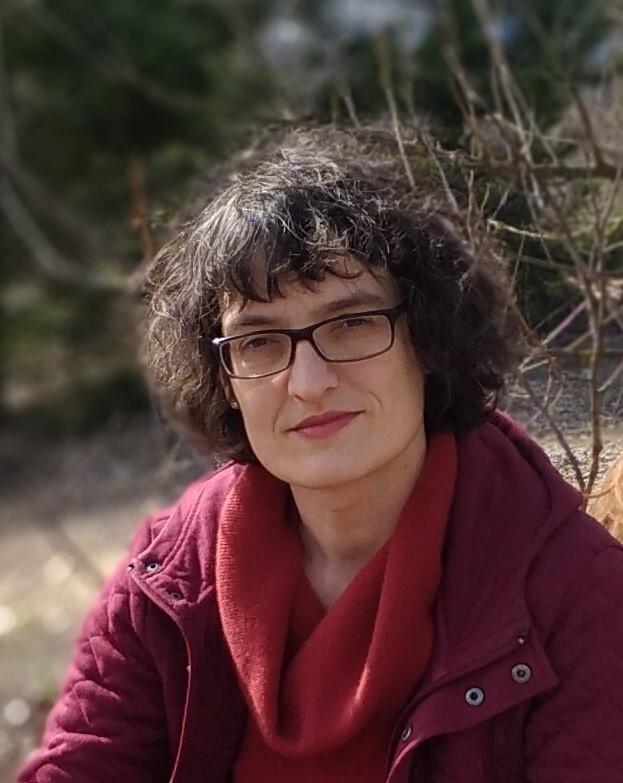Ildikó Zakariás
In the last decade, Western European national policies of legalisation of irregular migrants have shifted focus from frames of vulnerability and humanitarianism towards conditionality related to economic performance, that is participation in education and the labour market. A great variety of institutions, organisations and projects have been created accordingly, intended to implement these policies. While having the mandate to channel newly arriving workforce towards already existing and supposedly empty positions on the labour market, the birth of these institutions also created further needs for labour. These positions (for example in language teaching and social work) have been at a significant extent filled with migrants, some of them arriving from Central and Eastern European countries. My research aims to explore how do such encounters of Middle Eastern refugees with intra-European Union migrants, themselves struggling to solidify their positions in Western European labour markets, reconfigure institutionalised patterns of inclusion and exclusion, and existing frameworks of solidarity and rejection. It takes the case of Austria, and builds upon research findings from a previous study exploring similar phenomena in the case of Hungarian migrants working and volunteering in refugee accommodation institutions in Germany.

